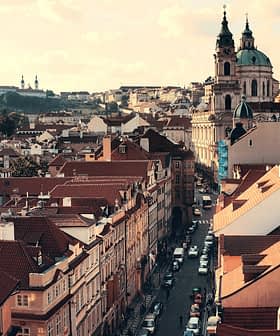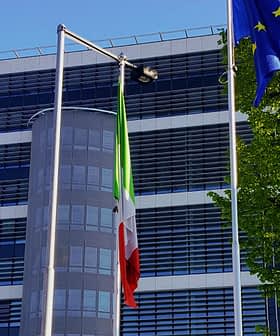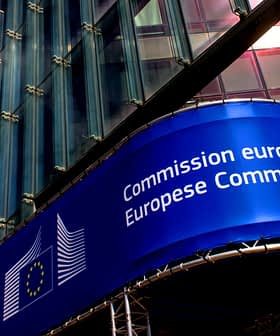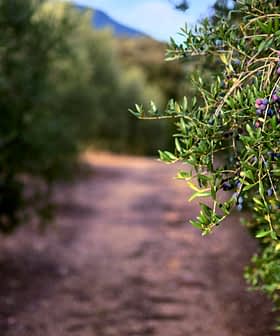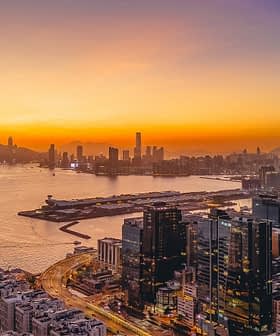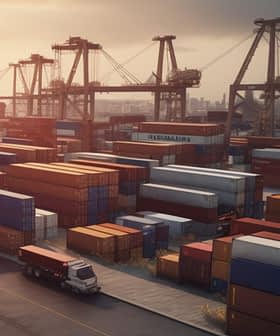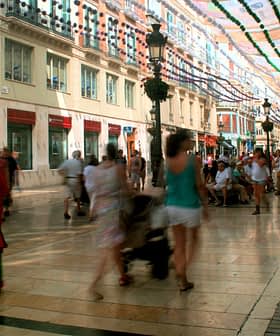New Organic Logo in Europe
New EU rules on organic food labelling, including the mandatory display of the “Euro-Leaf” logo, came into effect on July 1, 2010, for pre-packaged organic products produced in EU Member States. The new rules also cover organic aquaculture, setting EU-wide conditions for production and animal welfare, with the aim of boosting consumer confidence and enhancing the organic farming sector in Europe.
New EU rules on organic food labelling including the requirement to display the new EU organic logo, entered into force on 1 July, 2010. The so-called “Euro-Leaf” will now be obligatory on pre-packaged organic food products that have been produced in any of EU Member States and meet the necessary standards. Other private, regional or national logos will continue to appear alongside the EU label. The logo stays optional for non-packed and imported organic products. In addition to the logo, the new labelling rules also include the compulsory indications of place of farming of the products’ ingredients and code number of the body that had been in charge of the controls. Operators have a two-year transition period to comply with these new labeling rules. Another change is the introduction of EU rules for organic aquaculture for the first time.
“Our hope is that the new EU logo can develop into a widely recognised symbol of organic food production across the EU, providing consumers with confidence that the goods are produced entirely in-line with the strict EU organic farming regulations”, according to EU Commissioner for Agriculture & Rural Development Dacian Cioloş. “I hope that these changes will give a boost to the organic farming sector, but also further enhance consumer protection”.
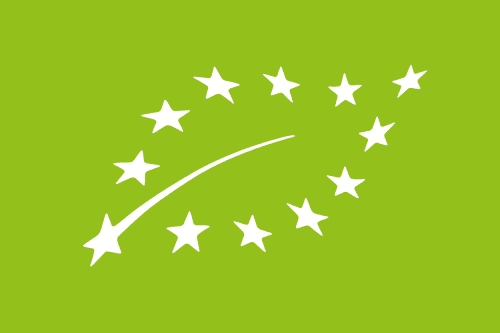 The “Euro-leaf” design shows the EU stars in the shape of a leaf against a green background passing two clear messages for consumers: Nature and Europe. The design has been registered by the Commission as a collective trade mark. Designed by German student Dušan Milenković, the logo emerged as the clear winner of an on-line poll, following a competition aimed at EU art students. The winner and the runners-up in this competition will be honoured at an official award ceremony in Brussels on 19 July 2010, organised to coincide with the July 19/20 Conference on the future of the Common Agriculture Policy.
The “Euro-leaf” design shows the EU stars in the shape of a leaf against a green background passing two clear messages for consumers: Nature and Europe. The design has been registered by the Commission as a collective trade mark. Designed by German student Dušan Milenković, the logo emerged as the clear winner of an on-line poll, following a competition aimed at EU art students. The winner and the runners-up in this competition will be honoured at an official award ceremony in Brussels on 19 July 2010, organised to coincide with the July 19/20 Conference on the future of the Common Agriculture Policy.
New Organic aquaculture conditions
The new rules also cover organic aquaculture production of fish, shellfish and seaweed. The rules set EU-wide conditions for the aquatic production environment, the separation of organic and non-organic units and specify animal welfare conditions including maximum stocking densities, a measurable indicator for welfare. The rules specify that biodiversity should be respected, and do not allow the use of induced spawning by artificial hormones. Organic feeds should be used supplemented by fish feeds derived from sustainably managed fisheries. Special provisions are made for bivalve mollusc production and for seaweed.
Commenting on the new rules, Fisheries & Maritime Affairs Commissioner Maria Damanaki said: “Europe-wide rules for organic aquaculture have become a reality. They will give consumers a better choice and are a boost for sound and environmentally acceptable production and a viable alternative to the more traditional intensive approach. The EU is the biggest market in the world for seafood and it is fitting that Europe should play a leading role in establishing comprehensive rules in this domain. Among the priorities for my term are sustainability and social cohesion for the fishing and aquaculture sectors. These new rules for organic aquaculture are a milestone by integrating these priorities into aquaculture”.
In 2008 an estimated 123 certified organic aquaculture operations were in operation in Europe, out of a total of 225 such farms worldwide. These accounted for almost half world production of 50,000 tonnes in 2008. The top five Member States in production terms are the UK, Ireland, Hungary, Greece and France. The top species is salmon.
Further details on the new rules can be found and the EU organic logo can be downloaded on the EU Organic Farming website: www.organic-farming.europa.eu
For the Conference on the future of the Common Agriculture Policy see http://ec.europa.eu/agriculture/cap-post-2013/conference/index_en.htm


